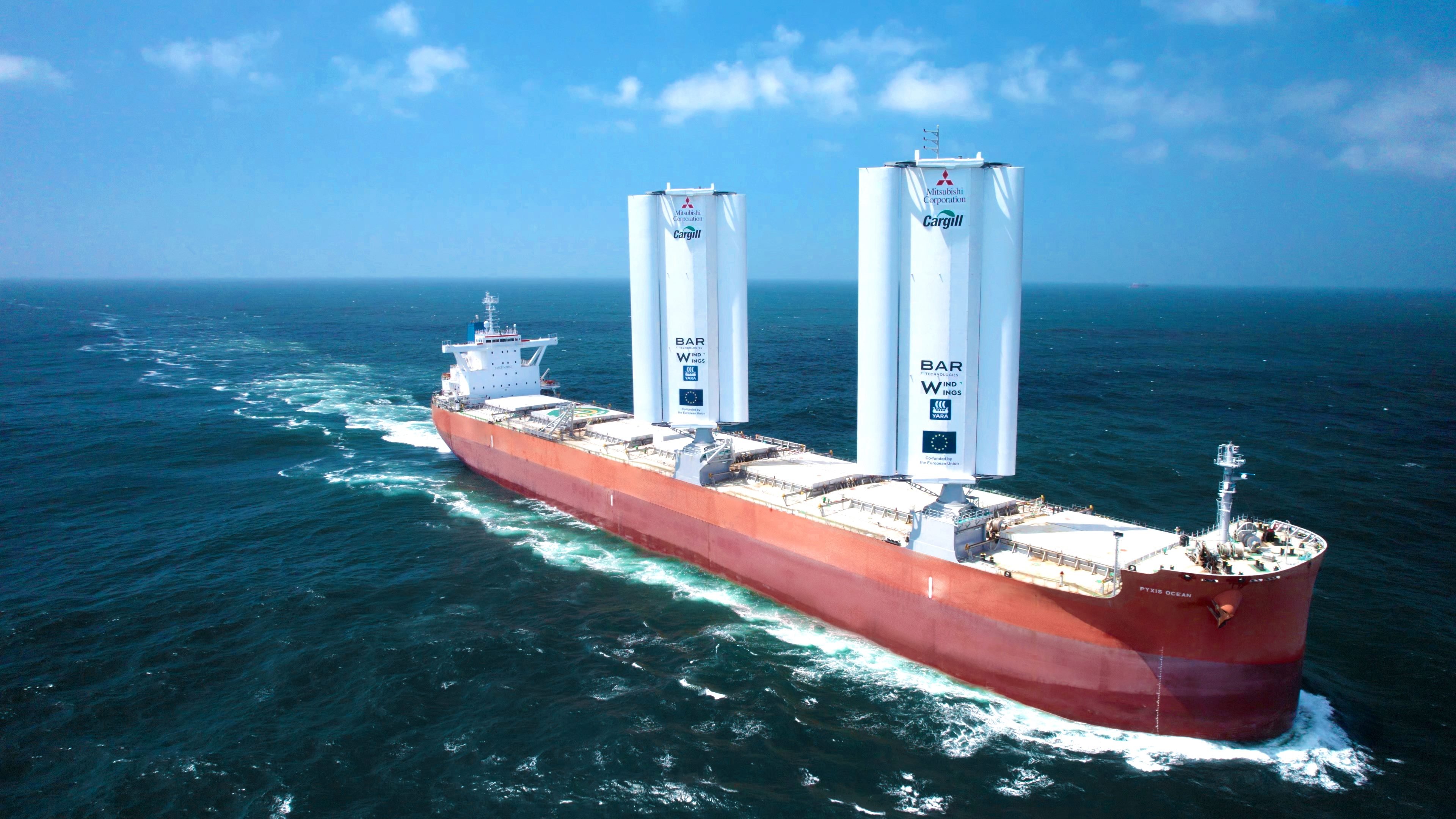On the brink of a revolution
With the decarbonisation of shipping now the main driver of change, the shipping industry is facing a 4th Propulsion Revolution.
With the drive towards decarbonisation, shipping is arguably facing its biggest change since the transition from sail to steam. Just as the world economy is said to be entering a 4th Industrial Revolution based on communications rather than technology, shipping is also facing a fundamental transformation.
We have dubbed this the ‘4th Propulsion Revolution’.
Zero-emission fuels
The transition to zero-emission fuels is the challenge of our age and will require truly massive investment in research and development.
This must be at the heart of the global decarbonisation strategy if the ambitious reduction targets set by the IMO are to be met.
Based on future trade growth estimates, shipping will have to improve its carbon efficiency by some 90% in order to achieve IMO’s target of full reduction in global GHG emissions by 2050.
The industry cannot achieve these targets using fossil fuel driven propulsion alone. Instead, it must look to other energy sources such as hydrogen and ammonia, wind power and batteries powered from renewable energy sources. We may even see a new generation of nuclear power systems utilizing technologies such as molten salt reeactors.
The change will truly mark a 4th Propulsion Revolution following the previous transitions from sail to steam, and coal power to oil.
Research & Development
ICS believes if the 2050 reduction target is to be met commercially viable low emission ships need to appear on the market by the early 2030s.
This will require the development of new technologies and solutions that are not yet on the market. For this reason, ICS, along with a consortium of international associations, has proposed a dedicated $5 billion R&D Fund to research sustainable and viable solutions – see link.
Such a revolution will touch not only on the design of ships, but the production of fuel, land and port infrastructure, and even the laws governing the seas.
The industry will need to identify the right technologies to achieve these goals, the investment needed, and how to make this propulsion revolution sustainable and equitable.
Further, how will ports operate in future given rising sea levels, extreme weather events and new technological developments? And how will the legal framework of our operations develop?
As we move forward, ICS is committed to being at the forefront of change, bringing viable and effective solutions to the industry, and building a coalition to ensure a smooth transition in this new energy era.
Related content

ISWG-GHG 16-2-2 – Updated economic impact assessment on States of a mandatory GHG contribution by ships to a Zero Emission Shipping Fund

Technology for €88M hydrogen-fuelled steel plant holds promise for maritime innovations

Guy Ryder: Ryder on the storm


